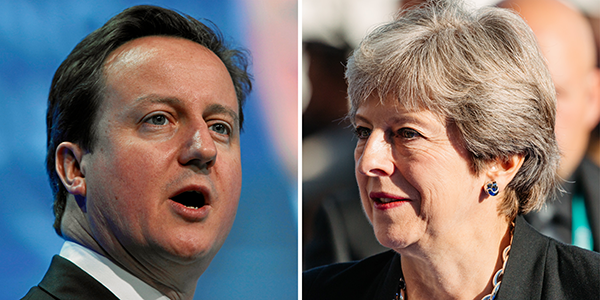One of the fundamental promises of electoral democracy is that voters influence governments’ policies. However, whether voters actually have such an influence remains an open question, with recent public debate and academic research often answering ‘no’. In a large-scale study of citizens’ preferences, Marc Hooghe, Ruth Dassonneville and Jennifer Oser investigate the extent to which there is a relationship between the political position of citizens and social policy in a broad range of countries over time. They find that, while there is no direct correlation between citizens’ preferences and their country’s social policy, high electoral turnout and the composition of the governing cabinet do have an effect.












 Democratic Audit's core funding is provided by the Joseph Rowntree Charitable Trust. Additional funding is provided by the London School of Economics.
Democratic Audit's core funding is provided by the Joseph Rowntree Charitable Trust. Additional funding is provided by the London School of Economics.